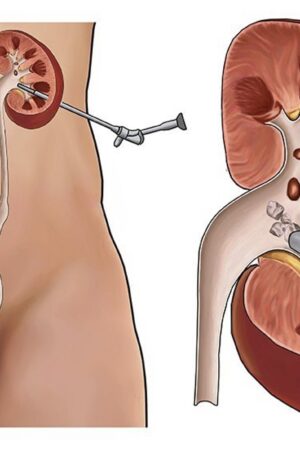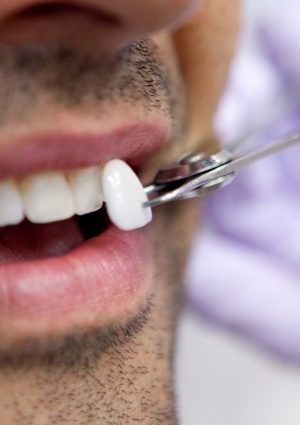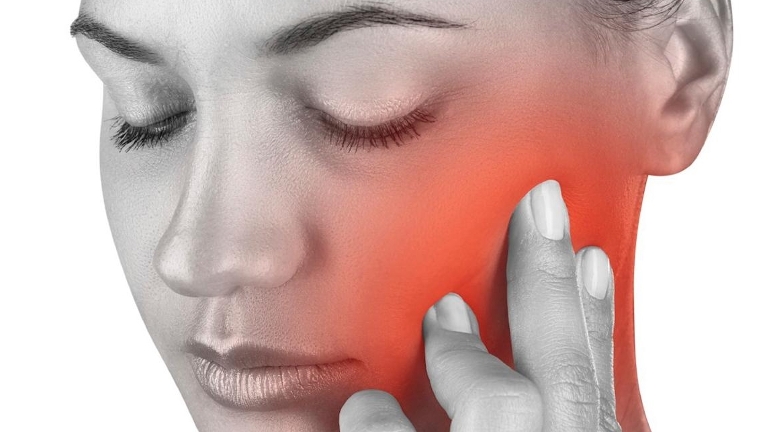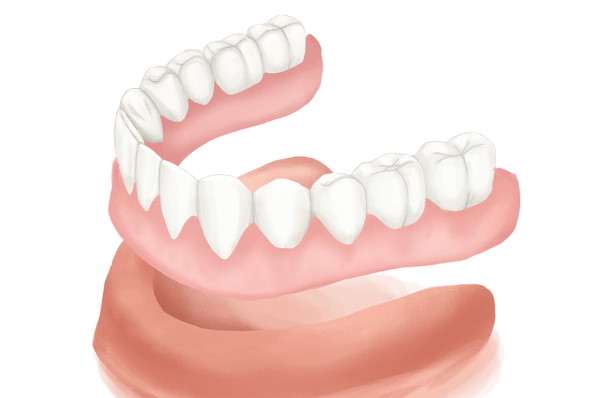If you regularly experience jaw pain, difficulty chewing, and headaches, you may be experiencing temporal mandibular disorder (TMJ). The condition happens because of issues in the jaw joint, jaw, and adjacent facial muscles. Without proper treatment, TMJ can result in symptoms like debilitating headaches and chronic jaw pain. The experienced team at New York Neurology Associates provides state-of-the-art care and treatment for TMJ in New York to minimize the symptoms and offer pain relief. For more inquiries, call or schedule an appointment online today.
What is TMJ?
TMJ is a temporomandibular joint disorder, which occurs when the jaw joints become inflamed and irritated. This condition is often linked with chronic teeth often grinding during sleep. Most individuals suffer from jaw pain, chronic headaches, and facial pain without knowing they suffer from TMJ. An evaluation to establish the primary cause of these symptoms is essential for receiving proper care, resolving symptoms, and preventing complications. TMJ treatment involves diagnosing, treating, and relieving the disorder.
What Causes Temporomandibular Joint Disorder?
TMJ often happens in people with bite balance issues, including misaligned, crooked, or missing teeth. However, it can also happen in people with well-aligned bites. Chronic stress often contributes to developing TMJ by making the facial muscles remain contracted and tense, which exerts uneven strain on the jaw joints, resulting in irritation, pain, and inflammation. TMJ can also be caused by tooth loss or dental restorations that alter the bite balance and mechanics.
What Are the Symptoms of TMJ?
The common symptoms of TMJ are jaw pain, chronic headaches, and facial pain. Another symptom is nighttime teeth grinding, which causes the tooth surfaces to become cracked or worn, causing tooth decay, tooth fractures, infections, and loss. Frequent grinding also causes the gums to recede, which increases the risk of gum infections. Often, individuals with untreated TMJ have large, misshapen, or square jaws because of the continual jaw muscles movement. When chewing or opening your mouth, you might also get a clicking sound or grating sensation from the temporal-mandibular joint.
What Are the Available TMJ Treatments?
Previously, temporomandibular joint disorder treatment relied only on surgery to relieve these symptoms. Today, the condition can be effectively treated without surgical intervention at New York Neurology Associates. Botox injections offer an effective treatment option for most patients with TMJ by blocking nerve signals that make the jaw muscles contract and spasm. The frequency and number of Botox injections used to treat your condition depend on your facial anatomy and symptoms. Another treatment is the use of low-voltage electrical currents to relax the temporomandibular muscles and relieve the tension. If your symptoms persist after the treatment, the doctor may opt for oral surgery. The surgery may permanently adjust your bite while minimizing the risk of teeth grinding and muscle tension.
Do not struggle any longer with severe pain and discomfort that decreases your overall life quality because of TMJ disorders. The experienced team at New York Neurology Associates has you covered. Call or book an appointment online to get effective TMJ treatment in and around New York.















